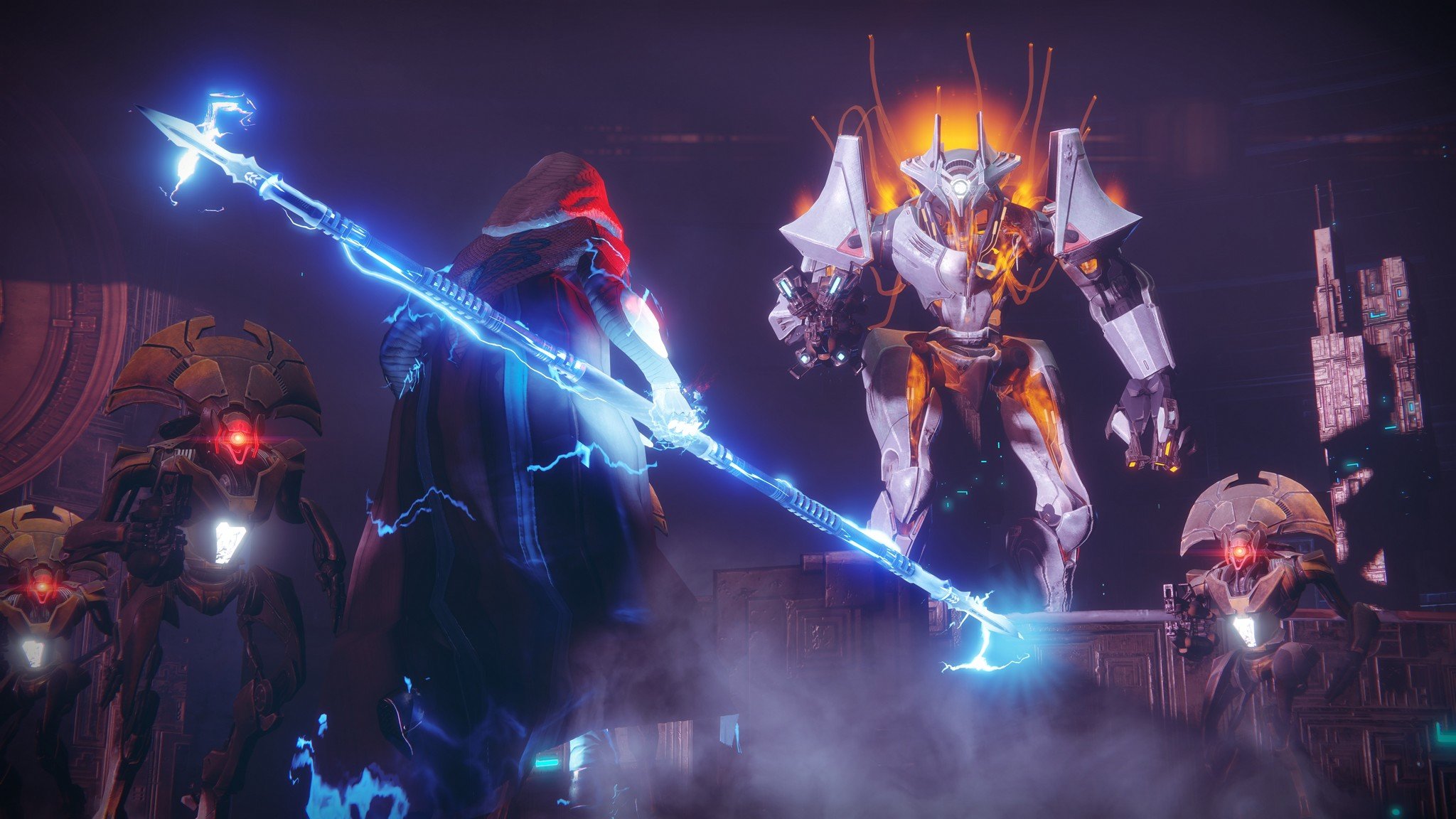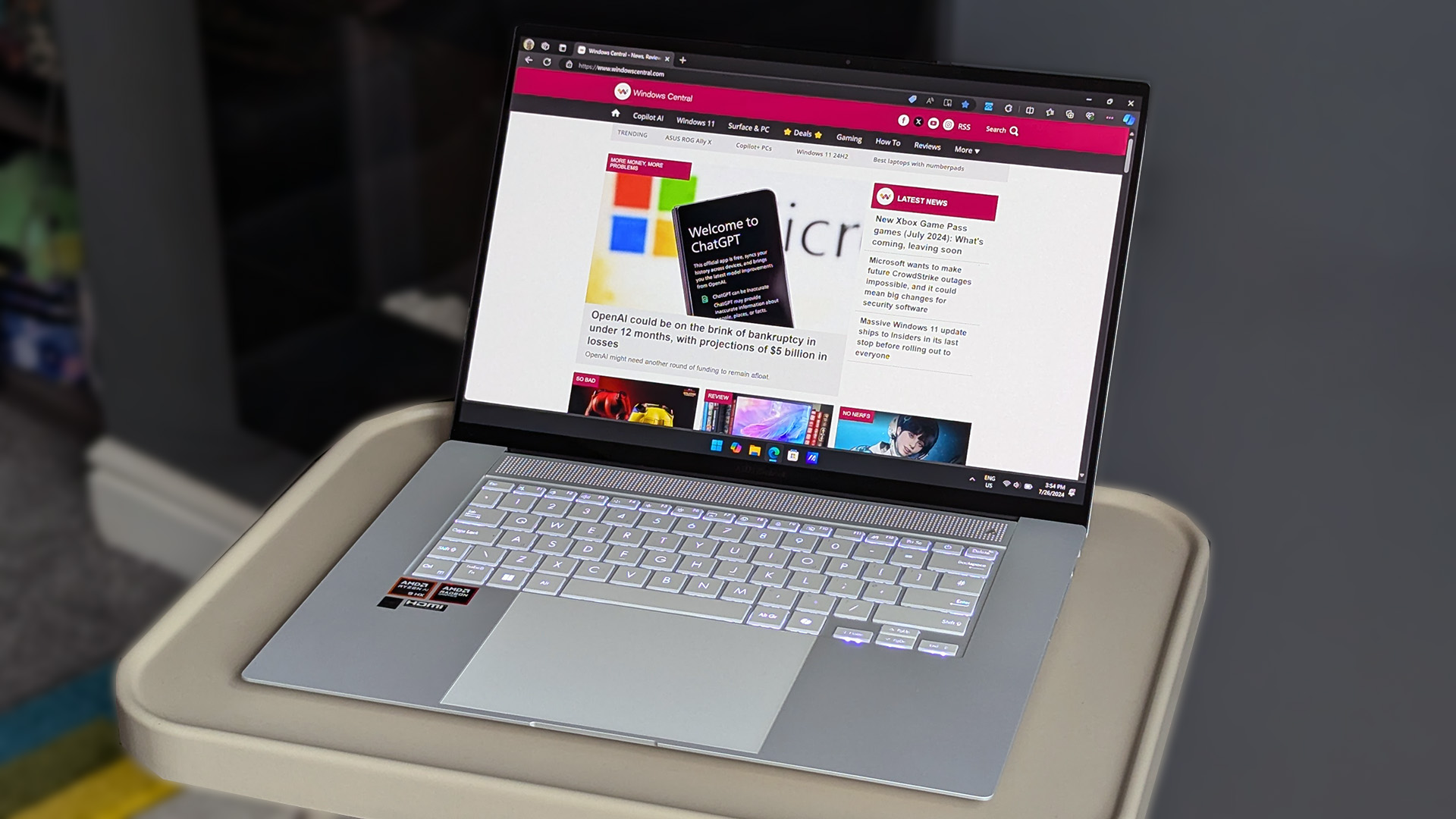Despite mixed opinions on the game at launch, it can't be argued that the Destiny has become one of the biggest names in the industry today. Maintaining a healthy player base three years after launch, Bungie's online shooter has been the latest success story for the developer — building a name close to overshadowing its own Halo series.
Four expansions, hundreds of hours, and an endless onslaught of loot later, the game's successor, Destiny 2, has finally hit store shelves. Delivering a much-improved Story mode, a slew of enhancements to gameplay and a much deeper ecosystem, the game is already shaping up to be one of the biggest launches in 2017. And while Destiny 2 may live up to its promises, many of these stray from being a true evolution.
Story: Taking back the Light
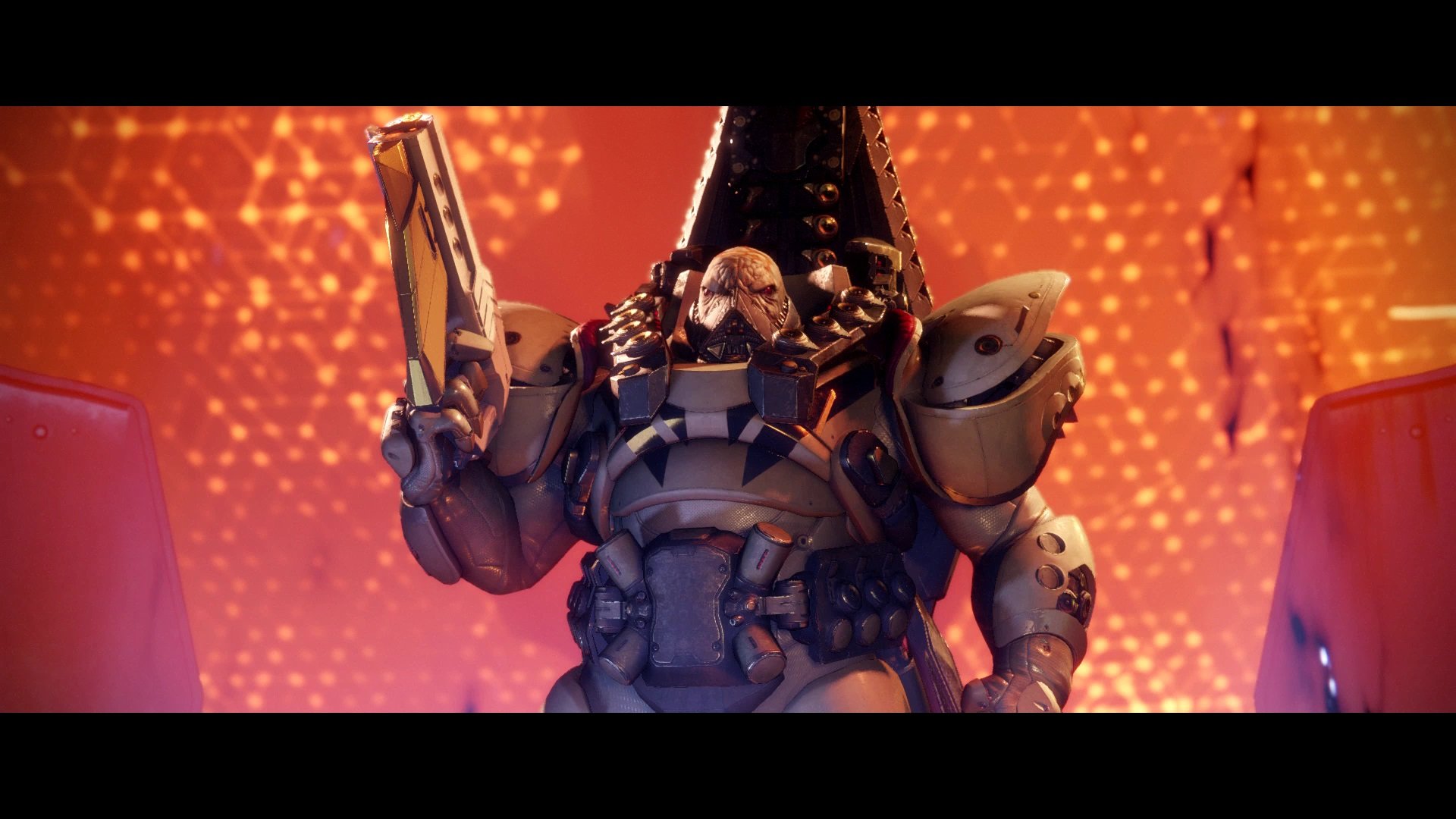
Destiny 2 kicks off shortly after the events of the first game, with players flying into the Last City – the final outpost and safe haven for humanity, protected by the presence the Traveler. The mysterious orb still hovers above the city, serving as the source of "Light" which gives Guardians their strength and abilities in combat. However, upon arrival, the settlement is found in a fiery state of disrepair, amid an all-out assault from the "Red Legion" faction, led by Dominus Ghaul.
Ghaul believes the Light was delivered to humanity in error and in an attempt to harness its power, commands his forces to take over the city and capture the Traveller. Regardless of your efforts, Red Legion forces are able to obstruct the Light of the Traveler, draining all powers from Earth's final defenses. Now vulnerable and missing the gift of Light, all Guardians flee the Tower in refuge across the solar system.
Destiny 2's opening sets up the premise for the remainder of its narrative, in a quest to regain your Light from the Traveler and use your powers to take down Ghaul. With your Vanguard sidekicks now in hiding, the game takes place across various new locations, to build up abilities, assemble a team and claim back your homeland.
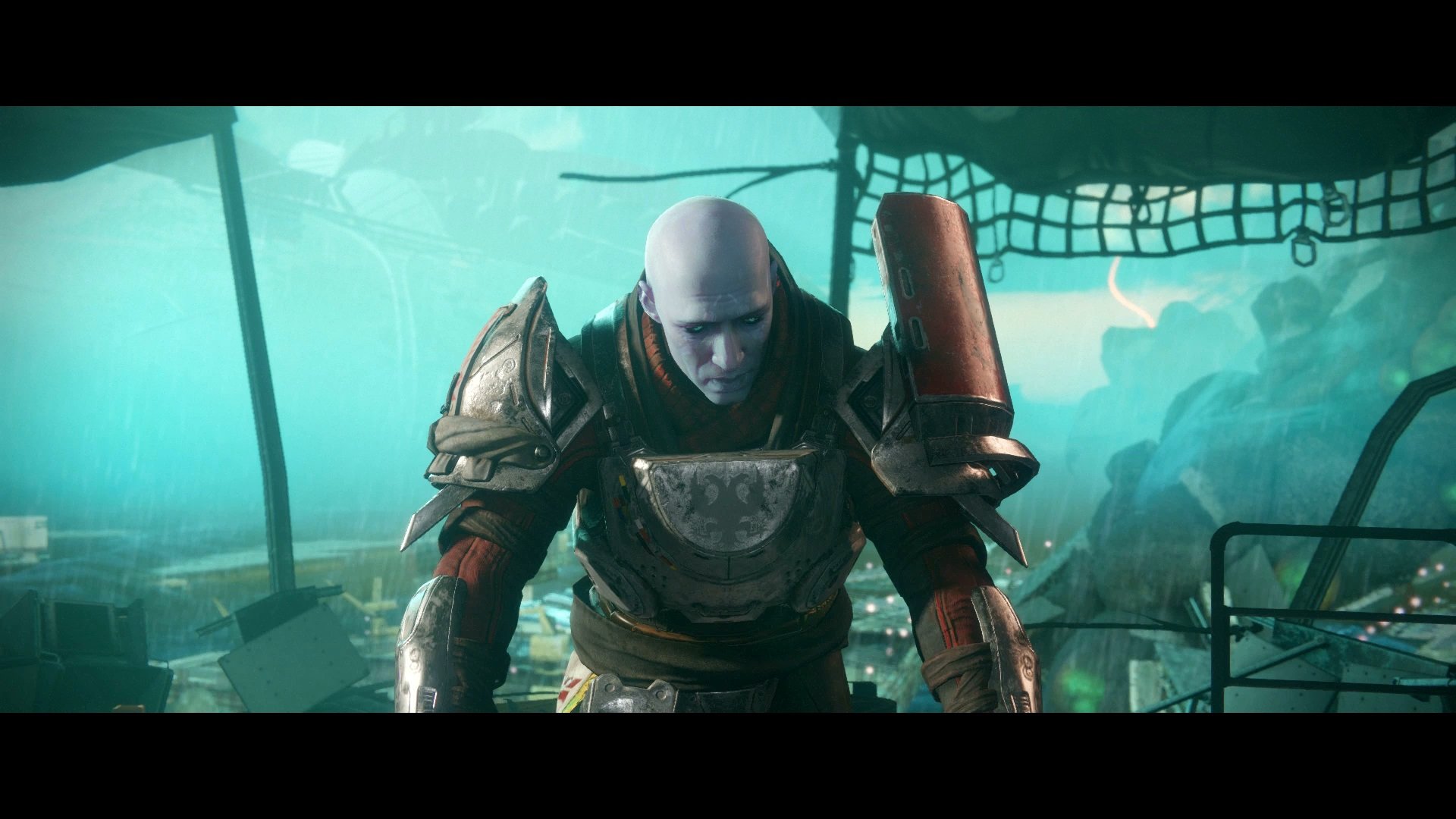
One of the principal focuses of its Destiny 2's story is character development, with a clear improvement on the events that took place in its predecessor. While in the first game, the mild storytelling felt like a bridge between gameplay, Destiny 2 better validates its inclusion with a much heavier focus on building the overarching world.
Following the capture of the Traveller and the fall of the Last City, the story explores a new angle on the conflict, attempting to bring up the individual struggles of the entire cast. Each of the main characters has their own backgrounds and values behind wanting to avenge the Traveler's fall and throughout the game these are explored to build a greater understanding of each character's personality. Stretching further than mediocre radio banter goes a long way in making players emotionally invest in characters, and while Destiny 2 doesn't deliver revolutionary storytelling, simply adding further context and depth to the world is a welcome change to see.
All the latest news, reviews, and guides for Windows and Xbox diehards.
Stretching further than mediocre radio banter goes a long way when emotionally investing in characters.
It should also be stressed how crucial the debut of Ghaul is to Destiny's story, clearly outlining him and his Red Legion army as distinct enemies amongst various existing conflicts in the world. Rather than ambiguously pushing "the darkness" as the main foe, Ghaul's presence sets a well-defined goal and helps with understanding the crux of the narrative no matter your investment.

Destiny 2's opening starts out strong, with arguably some of best early hours of both gameplay and story I've experienced from a shooter in some time. Between its cinematic edge to gameplay, engaging environments, and perfectly synced score, your first endeavor into the world feels truly memorable. A blend of tense combat and heartfelt moments establish the exemplar of what Bungie strives to achieve and makes a striking sense of presence through its atmosphere.
Destiny 2's opening starts out strong, with arguably some of best early hours of both gameplay and story I've experienced from a shooter.
Despite its powerful opening, the momentum of Destiny 2's main campaign begins to dwindle over time, losing some of the charms during its opening hours of gameplay. After regaining your Light powers and moving onward to new locations, missions begin to feel less animated and lose their sense of awe, by falling into a structure reminiscent of the original. While the story is a major improvement upon the first game, a degradation in depth struggled to keep me fully engaged until the end credits.
Looking back at what the original Destiny first offered, it's clear how far the studio has come in building up its world. In contrast to a predecessor that left me unsure if it had was even concluded after my first playthrough, Destiny 2 delivers a satisfying (although predictable) adventure that sparks deeper consideration for its universe. Wrapping up with a tease of what's to come for future content, it will be interesting to see if Bungie can maintain its delivery of richer story content through expansions.
Gameplay: New game, little change
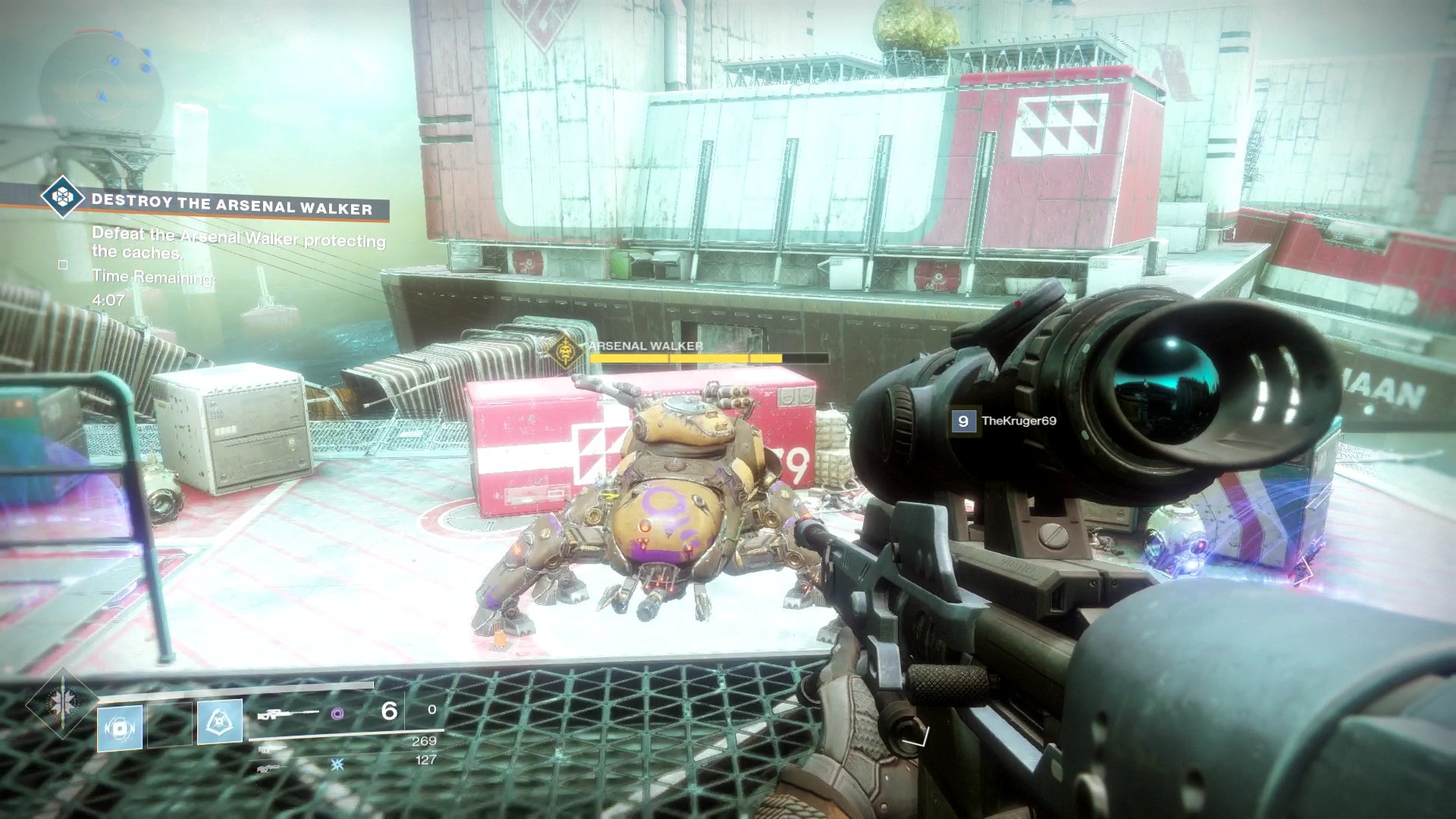
Three years on, the feel of combat in Destiny, and more specifically its gunplay, is still a major draw for many players. Destiny 2 offers an unrivaled level of fluidity and dynamism to even the smallest details in battle and still makes for one of the best feeling shooters on the market. The inheritance of groundwork from the original is blatant, but for anyone who spent mere minutes in its sandbox, it's no surprise Bungie has revived this winning formula.
Destiny 2 offers an unrivaled level of fluidity and dynamism to even the smallest details.
The feel of Destiny's combat is a major reason for why many (myself included) stuck with Destiny post-launch. It's loot and various activities may feel gratifying, but few shooters still feel as good to purely pick up and play. Each of the game's weapons, both new and returning, feel satisfying to handle and are only complemented by responsive controls built with controllers in mind.
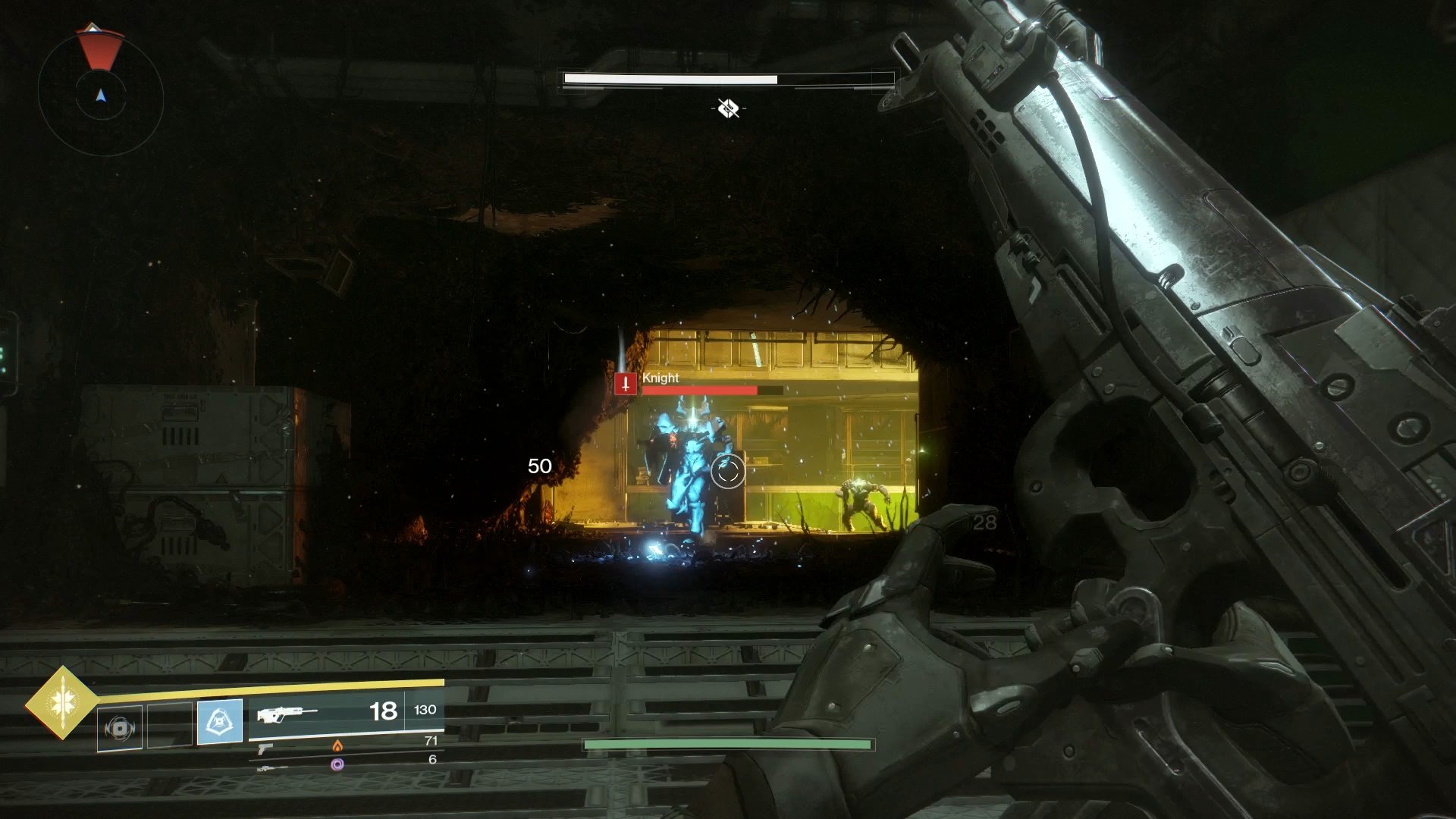
As an extension of your abilities in combat, Destiny 2 also introduces three new subclasses – a route to pursue under your main class, which determines the contents of your skills and upgrade tree. Of the new subclasses, one has been added to Titans, Warlocks, and Hunters – while disposing of some established in the original game. When first reclaiming your Light, all classes dive straight into the new subclass, with opportunities to unlock your secondary and tertiary entries to follow.
Although these subclasses and their abilities deliver some tweaks to gameplay, there are clear parallels to those from the first game. Aside from the Titan's badass "Captain America" style shield, the new subclasses and their abilities fail to feel like true evolutions in gameplay.
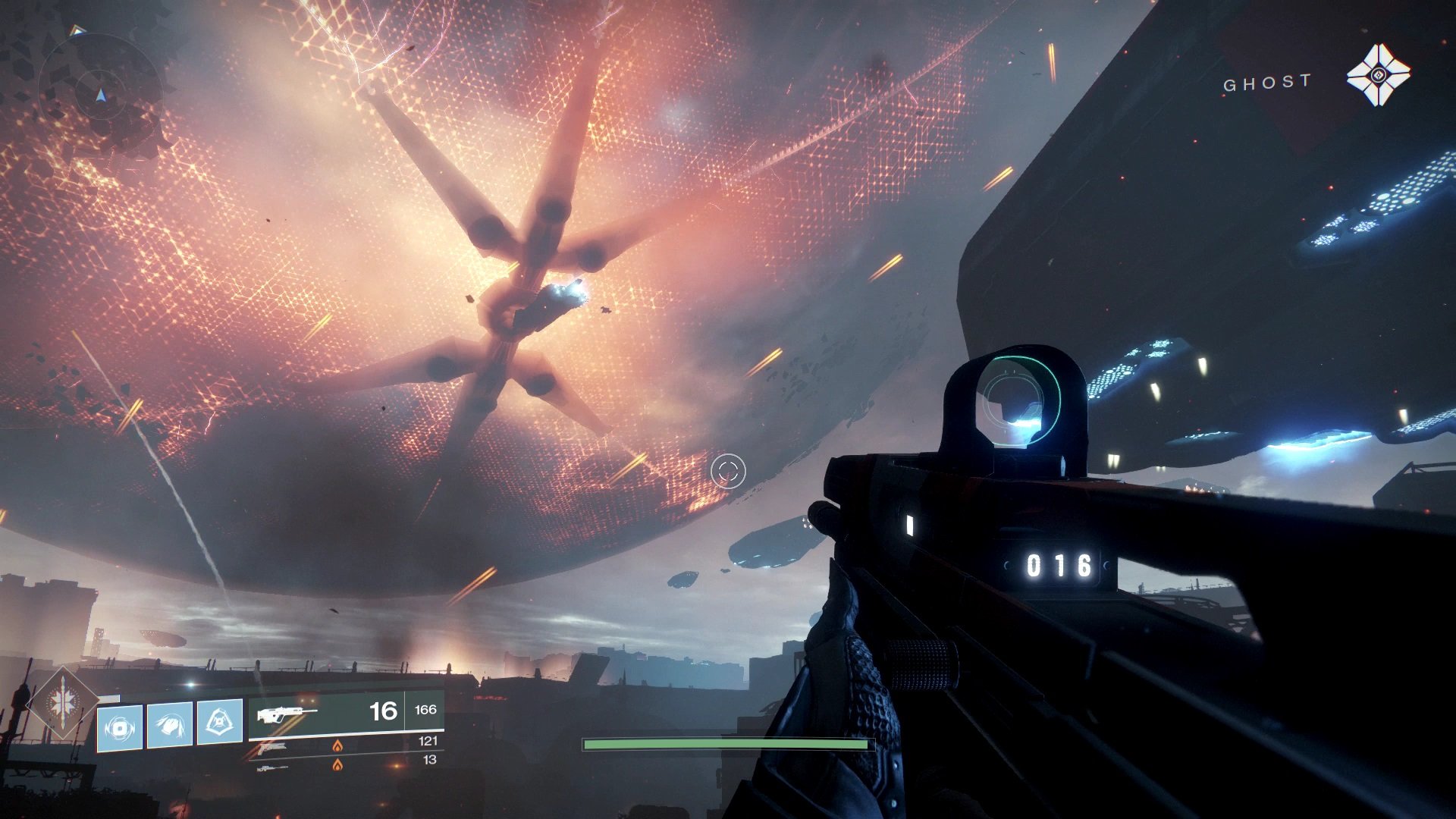
In terms of raw new content, one of Destiny 2's biggest additions is four new locations to explore. Earth returns, with a new area known as the European Dead Zone (EDZ), both Titan and Io introduce new moons within our Solar System and Nessus takes combat to a planetoid for the first time in series history. Each of these is an entirely new area detached from Destiny, with those from the first game no longer accessible in the sequel.
Greater variety in the level themes has led to more varied gameplay, including fleeting mechanics based on set pieces.
Destiny 2 generally displays a major step up in level design, with richer and more engaging environments over those seen in the first game. As expected from the franchise, these worlds still look stunning even on standard Xbox One hardware – thanks to fantastic art direction and environmental design. Whereas in the first game, later environments were felt like a heartless backdrop at times, both personality and lifelessness can be felt through a majority of Destiny 2's locations.
These changes also feed into gameplay, with environments now having a greater effect on how certain missions play. Greater variety in the level themes has led to more varied gameplay, including fleeting mechanics based on set pieces. Whether shielding from the burning rays of the sun aboard a space ship or diving into the twisted salt mines of the EDZ, these moments stand out as memorable locations through your journey.
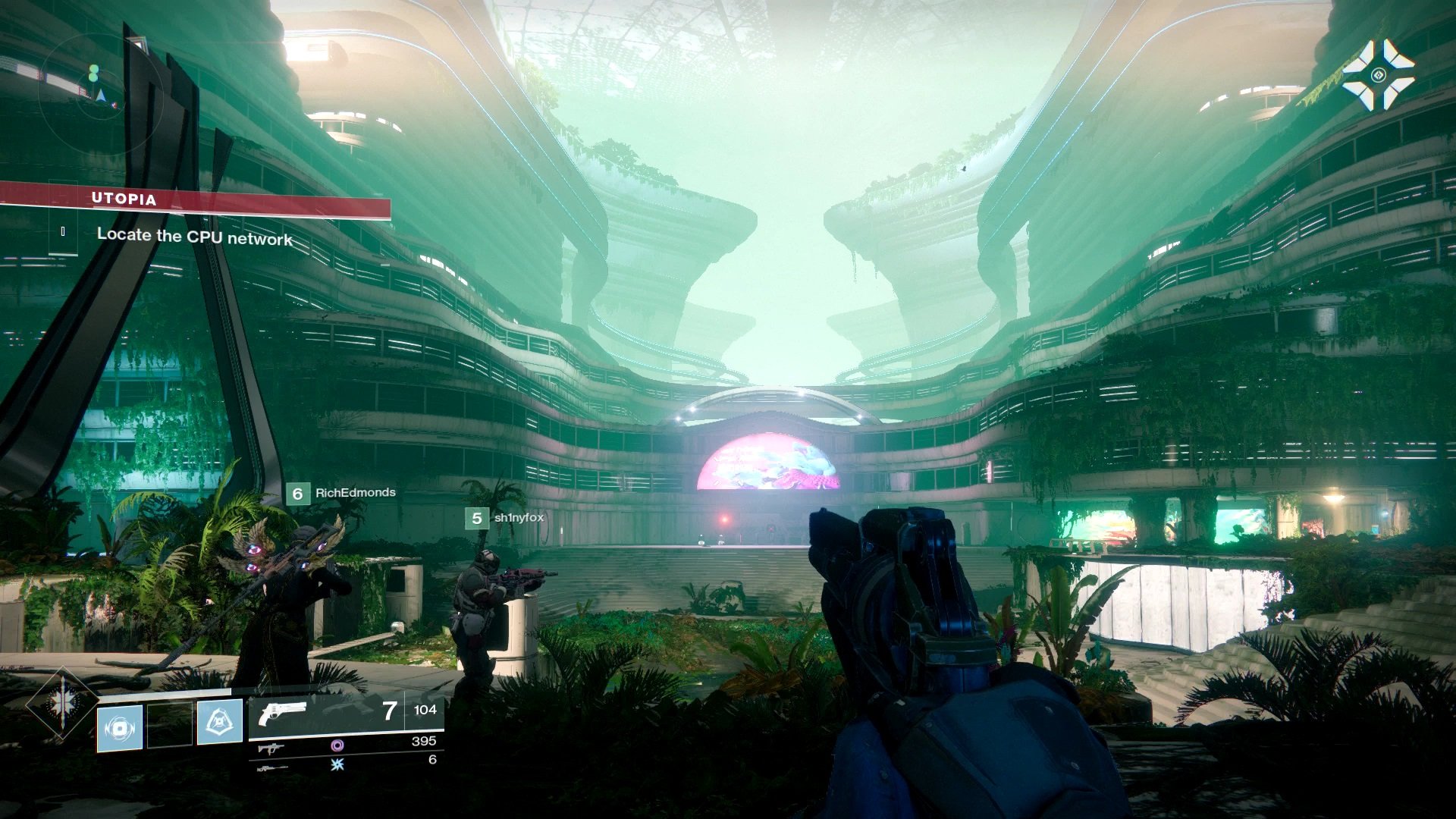
Aside from the aforementioned big changes, a lot of core content seen in Destiny 2 draws a lot from the first game. I could spend hours listing all the minor changes seen throughout the entire ecosystem, but ultimately, a huge push has been made to improve quality of life inside its world. From the new system behind equipping weapons, improvements between navigating open worlds and attempts to remove cumbersome elements of progression – Destiny 2 feels like successful refinement upon Bungie's original vision.
And though these changes are all welcome, this leads to one of my biggest gripes with Destiny after sinking hours into the game. In terms of core gameplay, Destiny 2 does little to stand out from the original. To an extent, this was expected – as you'd assume from a Destiny successor, influence should be taken from the first installment. But in many situations, the game offers improvements without offering a true evolution.
In terms of core gameplay, Destiny 2 does little to stand out from the original.
Without the addition of a new class, no new major enemy factions or other noteworthy changes to shake up gameplay, what emerges is still an experience very much like the original. For fans already invested in the universe this should be a welcome sight, but for those not enticed by the gameplay offered previously, there are still aspects that will irritate skeptics.
End-game: What the future holds for Destiny 2
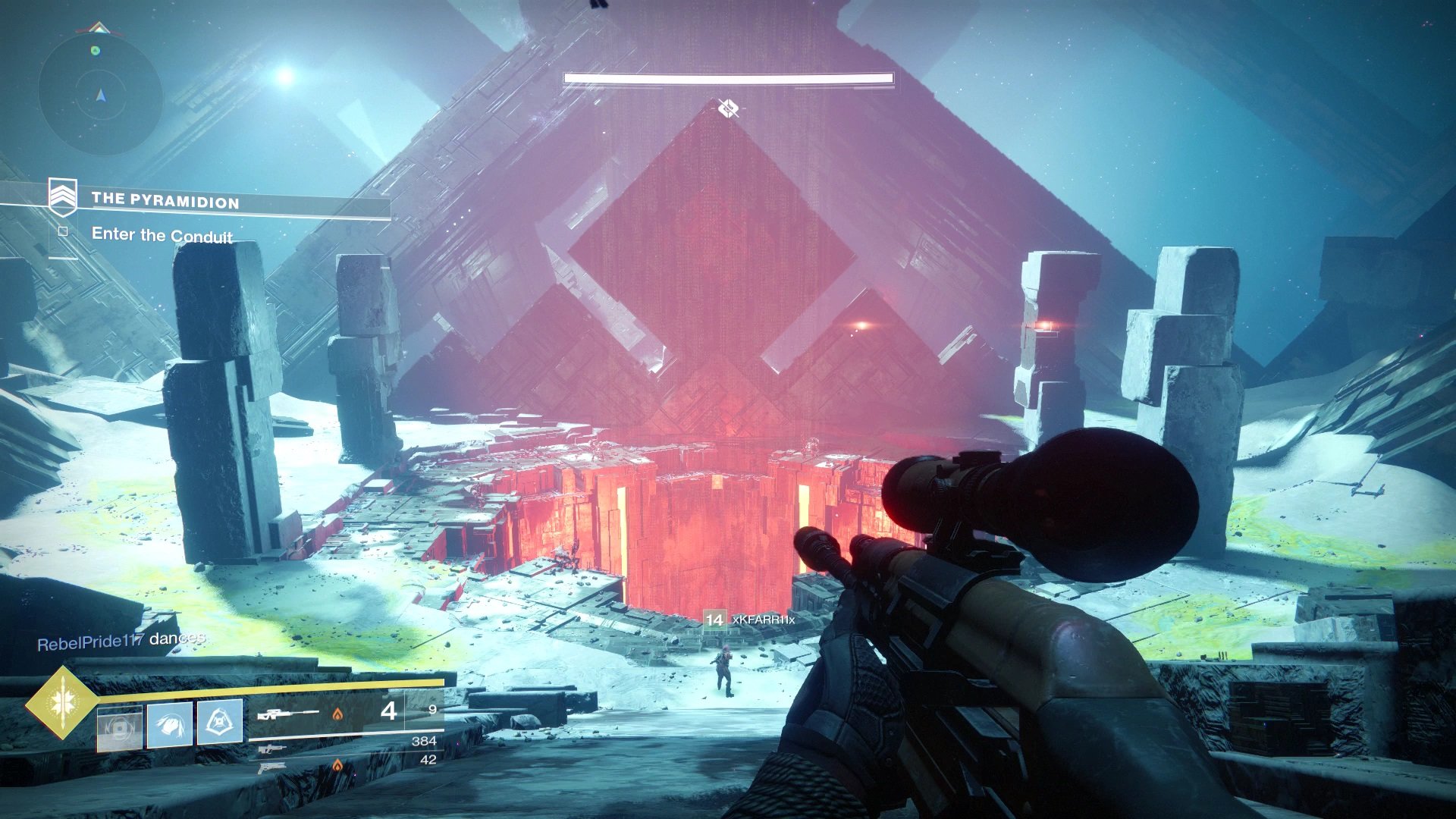
As seasoned veterans know, after completing the main campaign, Destiny still has a lot of content to offer. Both Strikes and Crucible remain key parts of the package in Destiny 2 and are crucial modes for those looking to invest in the long term.
Strikes return in Destiny 2 with mostly the same formula, throwing a team of three players into cooperative missions with additional depth upon your average campaign mission. In their latest revision Strikes are more-likened to small Raids – taking advantage of creative platforming and combat traits, usually reserved for the game's expansive six-man missions. After many criticized the first Destiny's bosses for being needlessly drawn out, each of the Strikes now has its own mechanics to understand and adapt to in the heat of conflict.
While Crucible has only seen some minor changes this time around, Destiny 2 still improves upon the mode in several ways. The biggest of these is the new 4v4 player versus player (PvP) setup, which reduces the number contestants per match from ten to eight. Although seemingly trivial in the scope of the sandbox, this already changes up the core pacing of how Crucible is played. The new Countdown mode also shows promise in its current state, taking the well-established "plant the bomb" gameplay seen in other popular shooters of today.
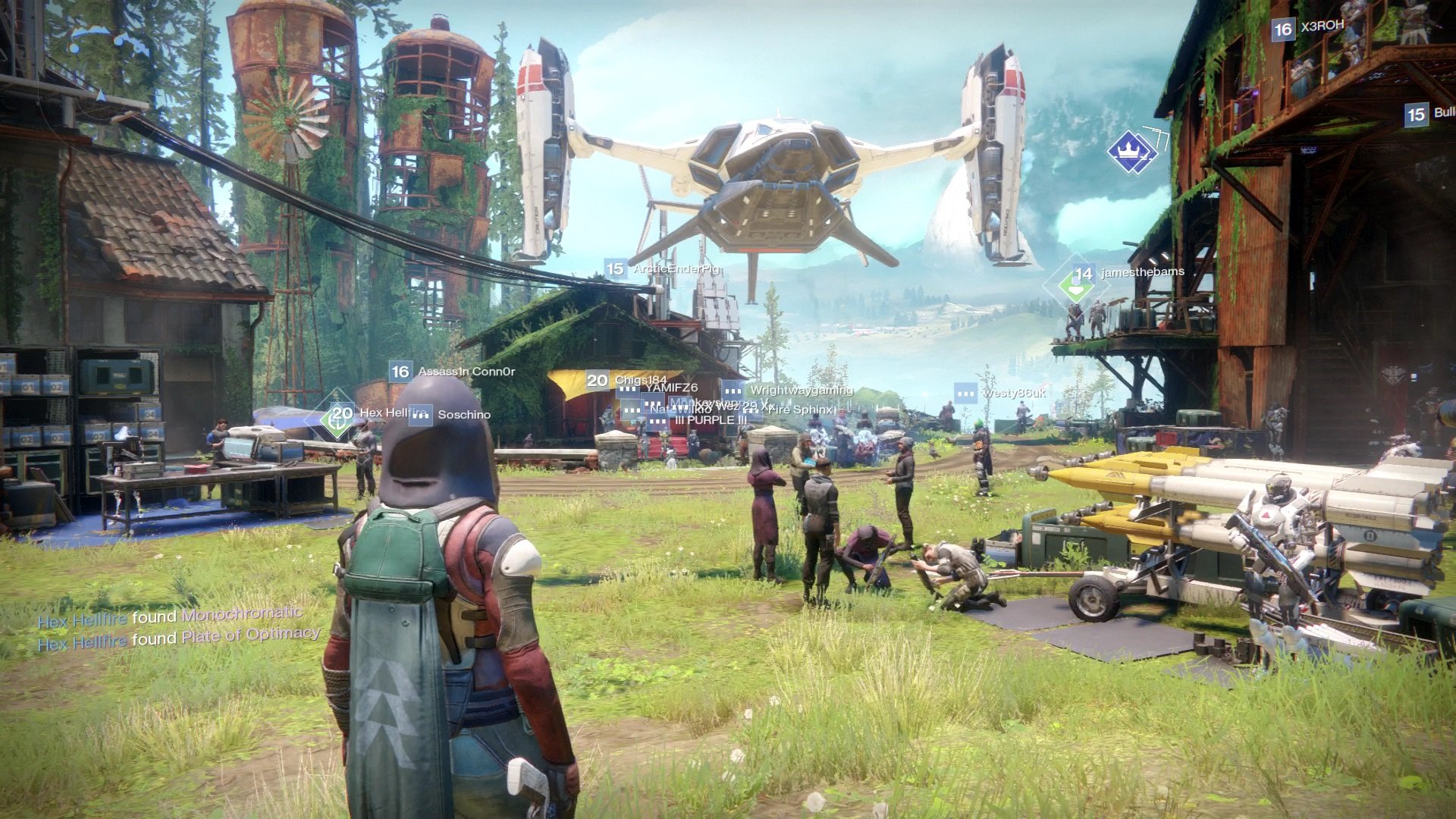
For those who enjoyed Destiny the first time around, Destiny 2 has so much to offer – even for returning players.
So, in the long term, how will Destiny 2's longevity hold up? Although we're still in the early days of the game's lifecycle, the game clearly has a lot to offer as a part of the package. With several of the game's modes returning, there's promise for the game to maintain a dedicated player based better than vanilla Destiny, although how post-launch support is handled will have a huge bearing on this.
As of writing, Bungie has a wide range of content in the pipeline for Destiny 2 – from both new experiences and returning favorites. After launch, one of the franchise's most praised modes is making a comeback with the "Leviathan" raid, while high-stakes "Trials" PvP is also around the corner for competitive players. Other promised features to flesh out the Destiny ecosystem, such as Clans and Guided Games, are also seeing staggered rollouts in the weeks to come. And that's not even touching on the two paid expansions, which will be hitting the game in the months ahead. Whether this content will satisfy players later down the line is yet to be seen, but Bungie is already showing some signs of building upon the missteps of the first game.
Final thoughts: Improved but yet to become legend
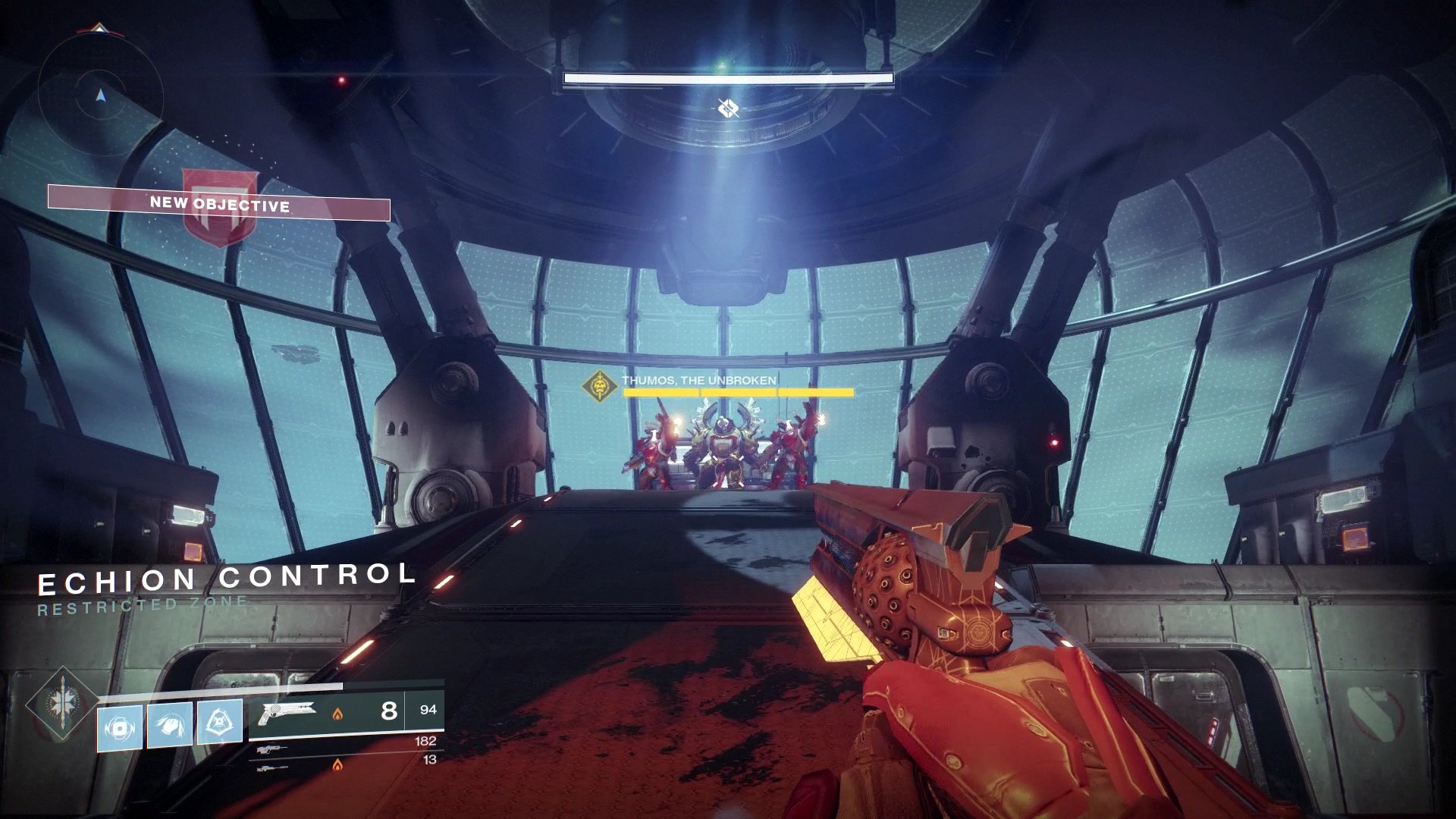
Overall, while I've enjoyed my time with Destiny 2 so far, it's a game I'm still conflicted about today. On the one hand, its a rewarding shooter with both mechanics and worlds packed with potential, however, clear shortcomings in the scale of its improvements leave much to be desired.
Pros:
- Gameplay is still so rewarding across the board.
- Story delivery is a huge improvement.
- Lots of small but effective improvements over the original.
- Destiny's beautiful worlds make a return in all their glory.
Cons:
- Improvements are welcome but stray from being a true evolution.
- Story mode pacing degrades over time.
If anything, Bungie has clearly refined upon the first Destiny, building upon what made the game so good, while avoiding some of its weaknesses. For those who enjoyed Destiny the first time around, Destiny 2 has so much to offer – even for returning players. But at its core, those who weren't fans of the original won't find major revelations in this sequel.
This review was conducted on Xbox One using a copy provided by the publisher.

Matt Brown was formerly a Windows Central's Senior Editor, Xbox & PC, at Future. Following over seven years of professional consumer technology and gaming coverage, he’s focused on the world of Microsoft's gaming efforts. You can follow him on Twitter @mattjbrown.
